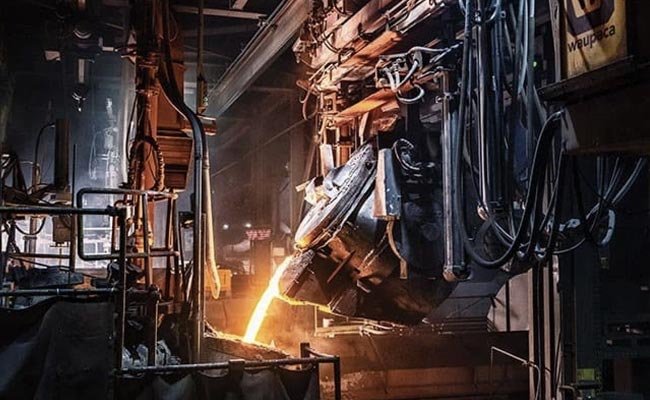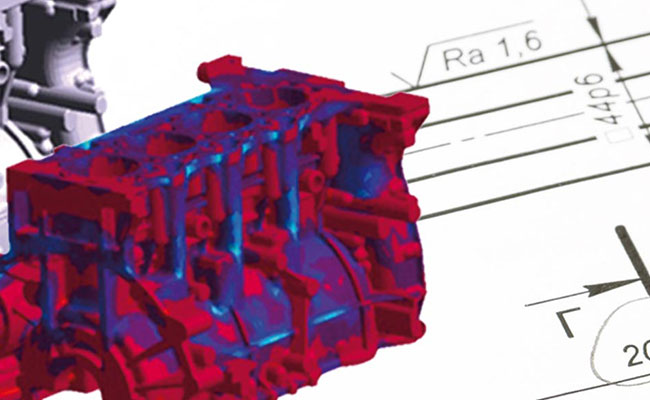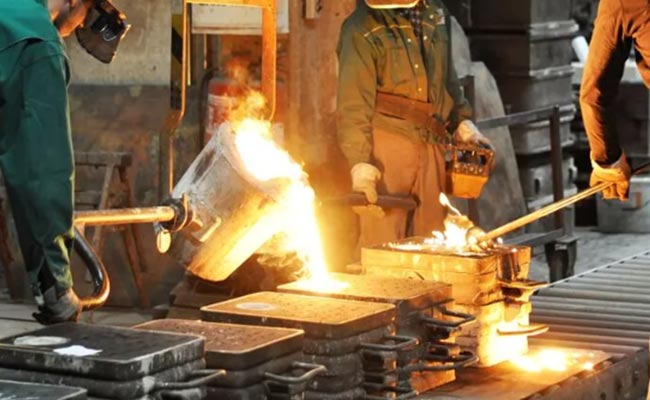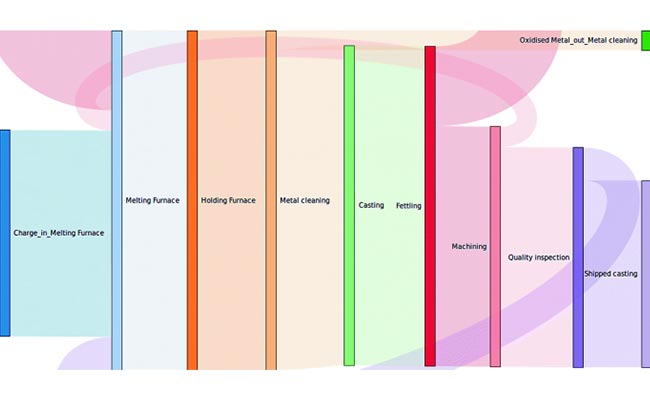
Recycling Metal Scrap: How Foundries Support Circular Economies Part One
2025-08-11
5 Reasons to Partner with a Professional Foundry for Custom Casting
2025-08-25Recycling Metal Scrap: How Foundries Support Circular Economies Part Two

6. Economic Benefits
Recycling metal scrap creates jobs in collection, processing, and manufacturing, supporting local economies.
It also reduces production costs for manufacturers by providing a cheaper alternative to virgin materials.
7. Innovation and Technology
Foundries invest in advanced technologies, such as automation and AI, to improve the efficiency and accuracy of metal recycling processes.
Innovations in material science enable the recycling of complex alloys and composite materials, expanding the scope of recyclable metals.
8. Collaboration with Stakeholders
Foundries often collaborate with governments, industries, and consumers to promote recycling initiatives and develop policies that support circular economies.
Public awareness campaigns encourage individuals and businesses to participate in metal recycling programs.
9. Lifecycle Assessment and Sustainability Reporting
Many foundries conduct lifecycle assessments to measure the environmental impact of their recycling processes and identify areas for improvement.
Transparent sustainability reporting helps build trust with consumers and stakeholders.
10. Global Impact
By recycling metal scrap, foundries contribute to global efforts to combat climate change, reduce resource depletion, and promote sustainable development.
Conclusion
Foundries are essential players in the circular economy, turning metal scrap into valuable resources and supporting sustainable manufacturing practices. Their efforts not only conserve natural resources and reduce environmental impact but also drive economic growth and innovation. By continuing to invest in recycling technologies and collaborating with stakeholders, foundries can further enhance their contribution to a more sustainable future.



